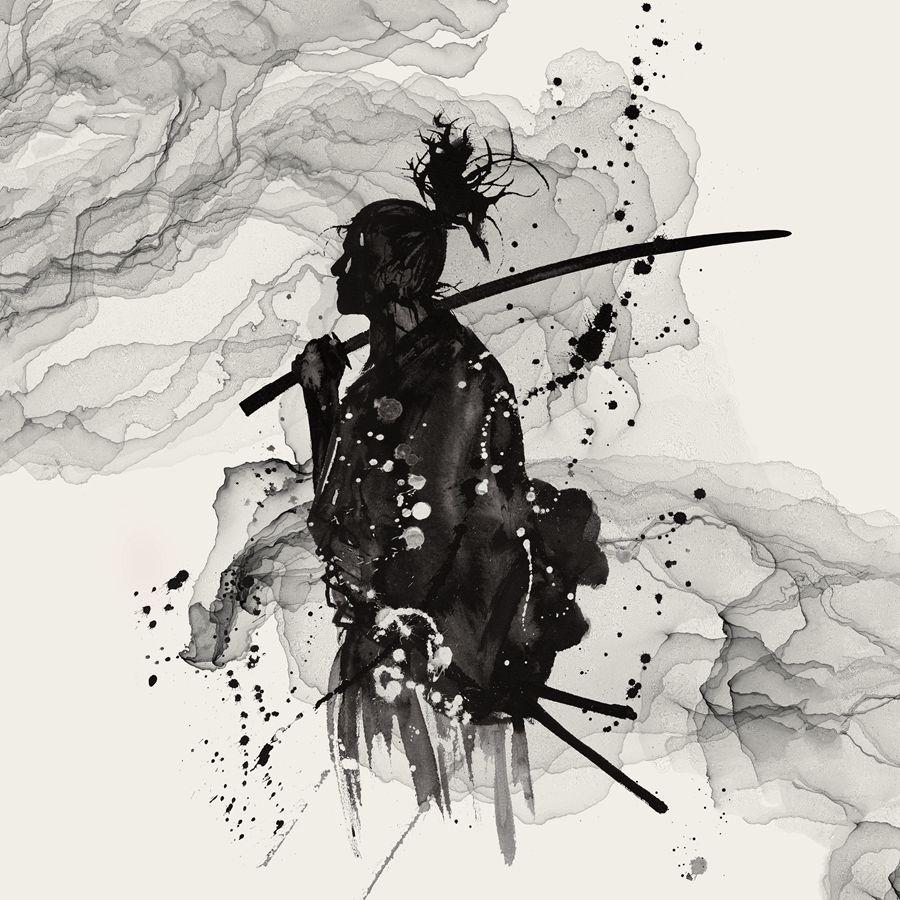Bushido: ethics and conduct, the way of the Samurai
Between the period of the Kamakura shogunate (1185) and the Muromachi period (1336) the code of moral conduct known as Bushido took shape (武士道, the path of the warrior). Formally adopted and applied by the “bushi”, the warriors (Samurai) in the Tokugawa Period (1603-1867), this code of conduct is a re-adaptation of the principles of Buddhism and Confucianism. Originally adapted to the warrior caste, after the Meiji Restoration (1866-1869), the Japanese nationalist movement adopted by Bushido as a discipline of behavior.

photo credits: camminospirituale.com
The 7 principles of Bushido: 7 steps towards perfection
Honesty, justice, piety, duty, honour, and loyalty were the principles that had to be pursued until death. If this were not followed, the penalty was the dishonour to be expiated through the seppuku (切腹) or harakiri (切り). Both of these terms indicate the ritual of honourable suicide through the cutting of the belly. Harakiri is used in speech, while seppuku is most used in writing.
Each Samurai was therefore required to follow 7 fundamental principles that we can define as “perfect morality”.
Let’s go into them and discover them together:
義, Gi: Honesty and Justice
There are no middle ways, there is only the right or the wrong. It is necessary to be honest in dealing with others, to believe firmly in the justice that comes from oneself, not from other people. The true Samurai never has uncertainties about honesty and justice
勇, Yu: Heroic Courage
The heroic courage of the Samurai rises above the masses. A warrior is not afraid to act, he does not hide in the shell like a turtle, despite the risk and danger. Heroic courage means to live completely, fully, wonderfully, it is not blind but strong and intelligent.
仁, Jin: Compassion
The intense training makes the samurai quick and strong. He is different from the others, he acquires a power that must be used for the common good. He possesses compassion, takes every opportunity to be helpful to his fellows and if the opportunity does not arise he does everything to find one. The compassion of a Samurai must be demonstrated above all in regard to women and children
礼, Rei: Kind Courtesy
The Samurai have no reason to behave in a cruel way, they don’t need to show their strength. A Samurai is also kind to enemies. Without this demonstration of external respect, a man is little more than an animal. The Samurai is respected not only for his strength in battle but also for how he interacts with other men. The best fight is the one who is avoided.
誠, Makoto: Complete Sincerity
When a Samurai expresses the intention to perform an action, this is practically already accomplished, nothing will prevent him from completing the express intention. He needs neither to give the word nor to promise. Speaking and acting are the same thing.
名誉, Meiyo: Honor
The Samurai is the only judge of his honour. The decisions you make and the actions that follow are a reflection of what you actually are. You can’t hide from yourself.
忠義, Chugi: Duty and Loyalty
For the Samurai to perform an action or to express something is to become its owner. He assumes full responsibility, even for what follows. The Samurai is immensely loyal to those he cares about. He remains proudly faithful to those for whom he is responsible.
For several years I myself have adopted these 7 virtues as a path to follow. I find them essential in everyone’s life because we are all warriors. Every day we face challenges and every day we must aim for that spiritual perfection that, if pursued to the end, would lead to a better world.
Are you ready to take these steps?
Share this:
- Click to share on Facebook (Opens in new window)
- Click to share on Twitter (Opens in new window)
- Click to share on Tumblr (Opens in new window)
- Click to share on Pinterest (Opens in new window)
- Click to share on Telegram (Opens in new window)
- Click to share on WhatsApp (Opens in new window)
- Click to share on Reddit (Opens in new window)
- Click to print (Opens in new window)






